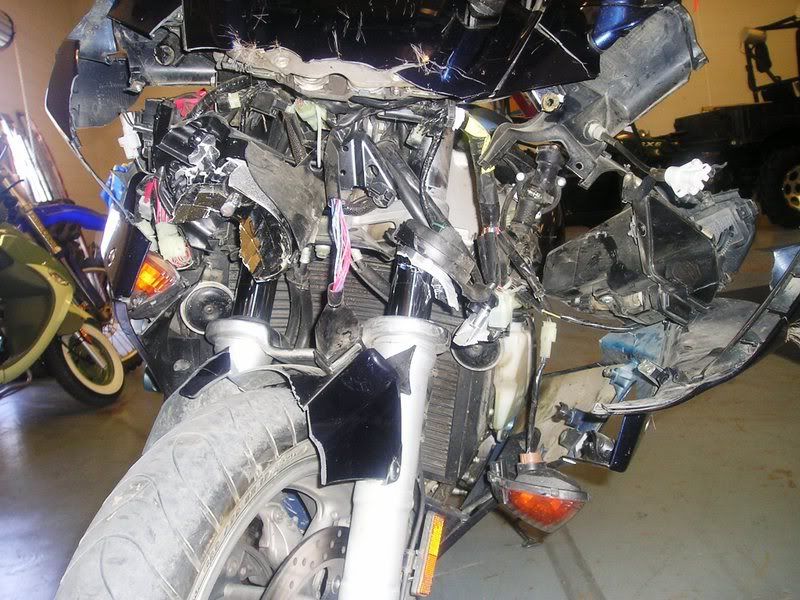dcarver
Well-known member
Facts:
TIA,
Signed, 'Scared of the dark dCarver'.
- Last two 0'dark-thirty mornings, approx 55 degrees F, less than 1 mile on pavement after 3 mile dirt road.
- Engine dies when headlight switched from lo to hi, turn signals turned on, emergency flashers or brake light applied.
- Engine cranking speed is normal and immediately fires at restart.
- Failure could be repeated for approximately 3 minutes. Did not 'cycle' the ignition switch. During the 3 or so minutes, I toggled hi/lo beam, emergency flashers, engine cut out switches.
- Both days, it just all started working again and, in SkooterG fashion, I just kept riding, another 45 minutes to work. Systems worked normally.
- No problems experienced so far for the afternoon ride home (~75 - 90 F)
- Both failures occurred in early morning, approximately same location and temperature (~55 - 60 F)
- 2006 'A' model, ~65K, Solteks with AutoSwitch, Blue Seas distribution center powering Radar, GPS, heated vest.
- Cluster lights dimmed or went out. I recall yesterday seeing both turn signal indicator lights dimly lit, like a low battery or poor ground. Not sure about running lights.
- Alternator/regulator output appears normal - at max current draw (hi beams + Solteks, emergency flashers, rad fan running, brake light on) the headlights don't dim at idle or brighten with rpm.
- Battery 'stress' test (hi beam + running lights + engine fan + brake light) for one minute, bike cranks normally, fires immediately.
- I smelled something 'electrical'. I know the smell, but have a lousy sense of smell. No smoke I could see (dark).
- Measure battery voltage bike dead, idling, 4K rpm using various loads.
- Check battery connections for cleanliness/tightness.
- Measure battery negative to frame ground.
- Check fuse connections.
- Wiggle wires at ignition switch, try to repeat failure.
- Check connection at ECU and alternator.
- Ask the gurus on FjrForum.com!
TIA,
Signed, 'Scared of the dark dCarver'.
Last edited by a moderator:

























